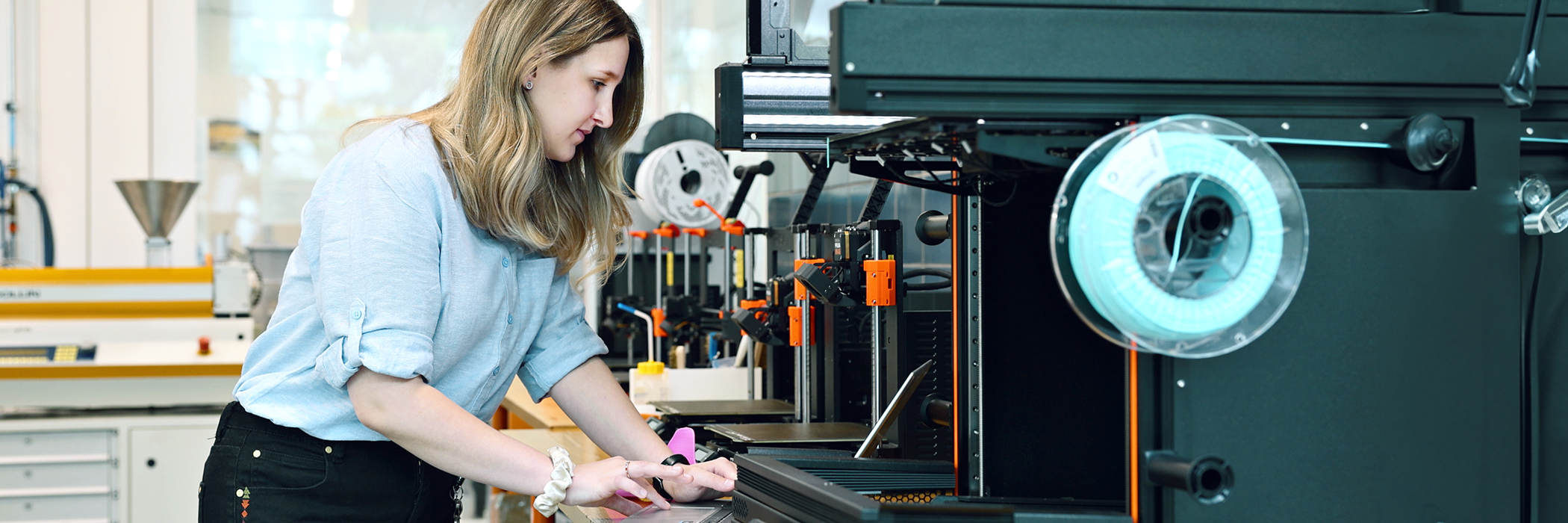Master of Science in Engineering MSE
The Master's programme is aimed at Bachelor's graduates of a technically oriented degree programme who wish to further deepen their knowledge in their specialist field.
Key data
- Degree
- Master of Science FHNW in Engineering
- Next start
- Spring or Automn Semester
- Studying mode
- Full-time, part-time
- Teaching language
- English
- Place
- Windisch und further Swiss Universities of Applied Sciences
- Semester fee
- 750 – 5000 CHF see Organisational information / fees
Closing date is end of April or end of September respectively
Mobile navi goes here!
With the Master's degree, the highest academic university degree, you prepare your way for responsible positions in research, industry and administration. You are able to take on both challenging activities in a specialist field, as well as management tasks and responsibility for interdisciplinary projects.
The FHNW School of Engineering and Environment offers the following MSE profiles:
- Business Engineering
- Electrical Engineering
- Energy and Environment
- Mechatronics and Automation
- Mechanical Engineering
- Photonics and Laser Engineering
FHNW School of Computer Science
FHNW School of Architecture, Construction and Geomatics
The core of the degree programme is the individual specialisation within a profile. You will gain this in-depth knowledge through theoretical and practical work at an institute of the FHNW School of Engineering and Environment. Throughout your studies, you will be accompanied and supervised by a personal advisor and thus acquire unique competences at a high level within the framework of selected theory modules and practical research and development projects. You will supplement your specialist knowledge with selected theory modules.
This is how you proceed:
- You enquire about specialisation options with the relevant profile responsible and/or potential advisor.
- You apply for a place on the programme.
- The MSE admissions committee decides on your admission.
- Once you have been admitted, you and your advisor choose theory modules from the range on offer.
- The choice of module and the content of the specialisation are recorded in the Individual Study Agreement (ISV).
The MSE course enables you to pursue a targeted, individual specialisation in the fields of engineering and information technology.
- www.msengineering.ch
- General information about studying at the FHNW School of Engineering and Environment
- Studien- und Prüfungsordnung MSE until the end of spring semester 2025 (in German)
- Studien- und Prüfungsordnung MSE from autumn semester 2025 (in German)
- Study and examination regulations MSE (in English, not legally binding) until the end of spring semester 2025
- Study and examination regulations MSE (in English, not legally binding) from autumn semester 2025
